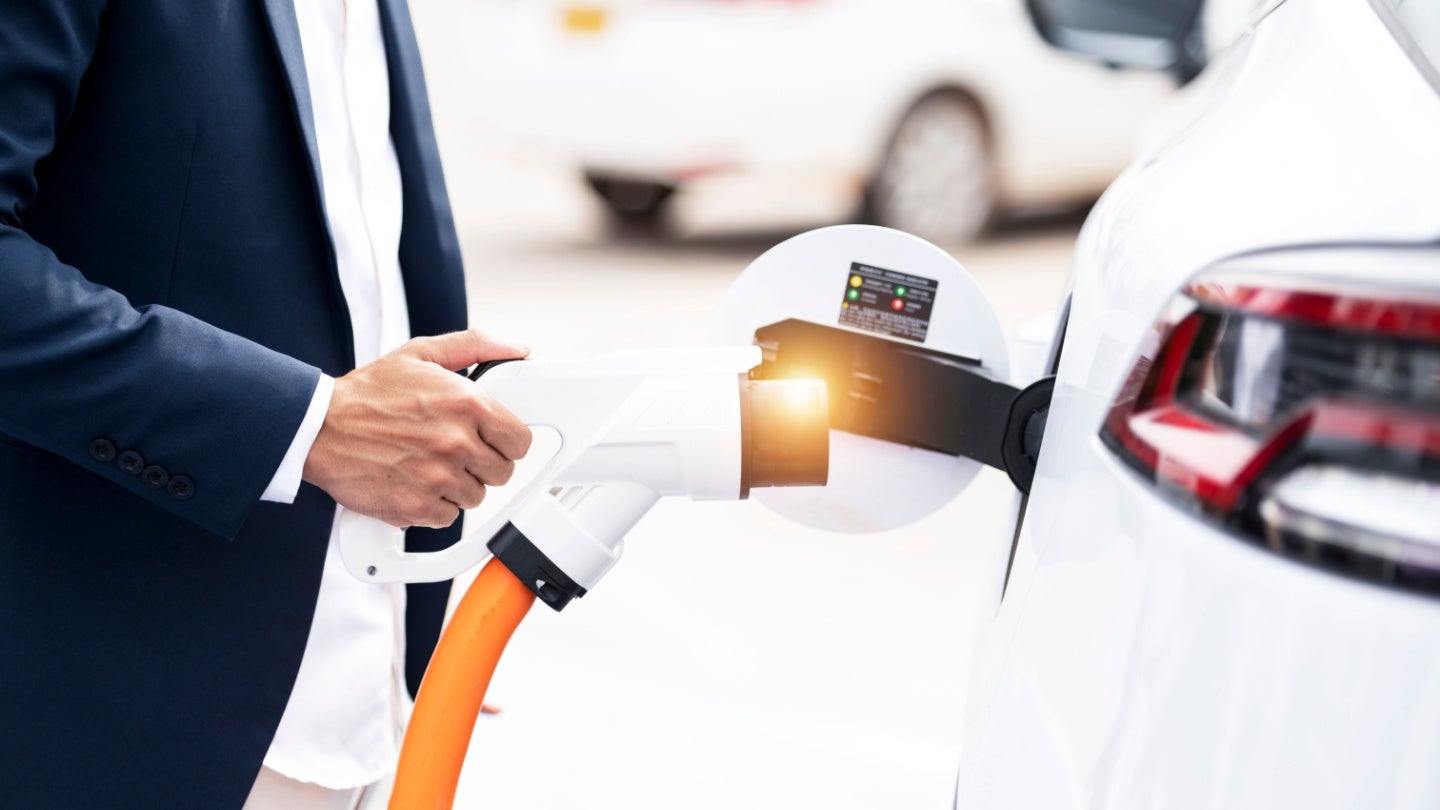
The US government has increased tariffs on Chinese made electric vehicles (EVs) to 100%, up from 25%, which will come into effect in 2024.
The White House announced the tariff change today (14 May) alongside increased tariffs of 50% on Chinese semiconductor materials which will become effective from 2025.

Access deeper industry intelligence
Experience unmatched clarity with a single platform that combines unique data, AI, and human expertise.
The Biden Administration stated that these tariff changes were intended to promote US technology production and secure local jobs within its tech sector.
According to the US government, Chinese exports of EVs grew 70% between 2022 and 2023, running the risk of stifling investment into US EV manufacturing.
A White House fact sheet stated that under the Biden Administration, the US trade deficit with China is at the lowest it has been in 10 years due to tightening regulation on China’s imports to the US.
The US stated that it hoped the tariff changes would protect US workers against unfair competition practices from China.

US Tariffs are shifting - will you react or anticipate?
Don’t let policy changes catch you off guard. Stay proactive with real-time data and expert analysis.
By GlobalDataSince the passing of the CHIPS and Science Act in 2022, the US has introduced numerous investment and trade restrictions on Chinese businesses and technology manufacturers.
China has previously challenged investment bans placed on it, stating that such bans run the risk of depriving China equal competition rights.
In its fact sheet, the White House stated that China had failed to increase US exports or help support US manufacturing.
Aside from EVs and semiconductors, the US also changed tariffs on critical minerals and batteries.
The tariff on lithium-ion EV batteries will increase from 7.5% to 25% in 2024, while lithium-ion non-EV batteries will also jump to 25% from 2026.
A tariff rate of 25% will be introduced on graphite and permanent magnets from 2026.
A 2023 thematic intelligence report into EVs by research and analysis company GlobalData forecast the total EV manufacturing to account for 18% of the world’s total light vehicle manufacturing by 2025.
By 2028, this is forecast to grow to a 28% share, equivalent to 28.3 million annual EV units being manufactured globally each year.







